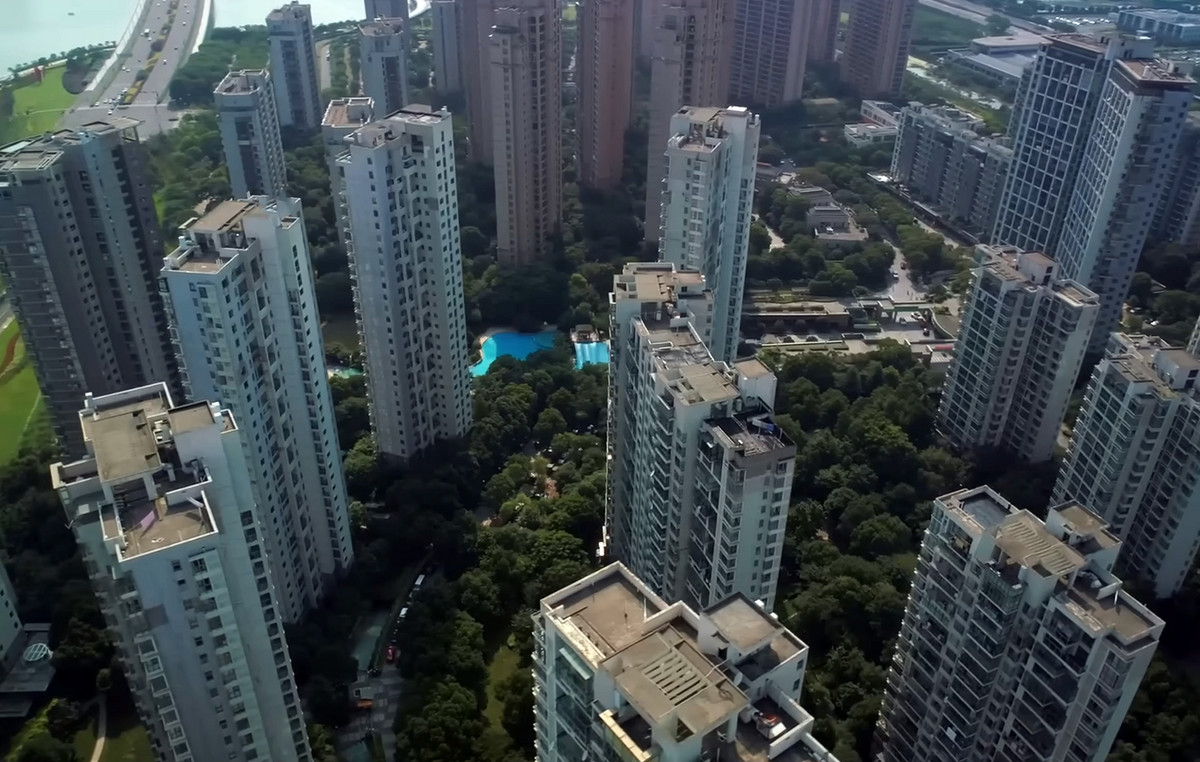Tomorrow, September 27, AMD will send its new Ryzen 7000 processors and lines for sale (on the same day, Intel should hold a presentation of its new products), but full reviews of the new generation chips have already been released today. And for the manufacturer, this is actually a very important point, as AMD not only switched to the new Zen 4 architecture, but also introduced the AM5 platform after years of suffering on the previous generation. But, unfortunately, despite the expectations of users, a miracle did not happen – the new processors are only slightly more powerful than the previous generation, while remaining at the level of the current generation of Intel Alder Lake. But tomorrow the “blue team” will show more powerful Raptor Lake, which will probably leave the competitor behind.
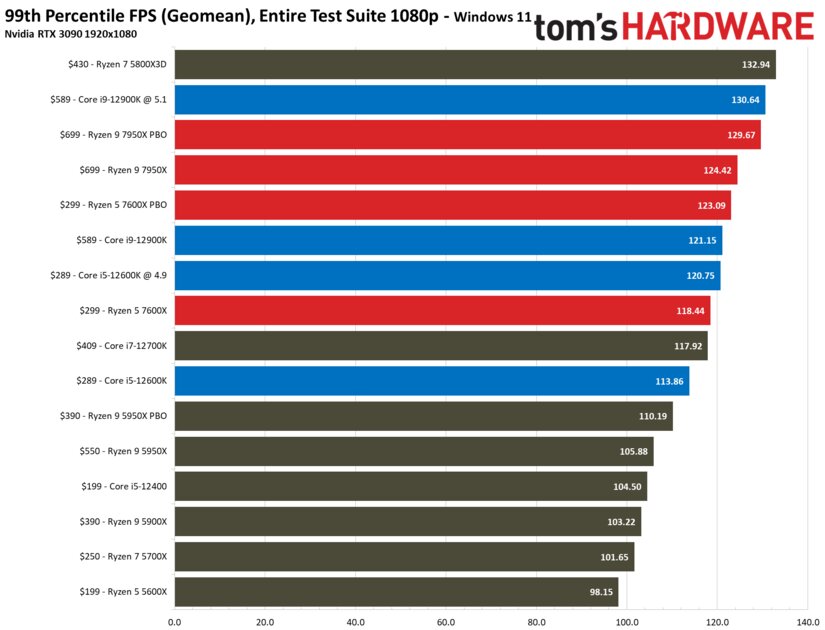
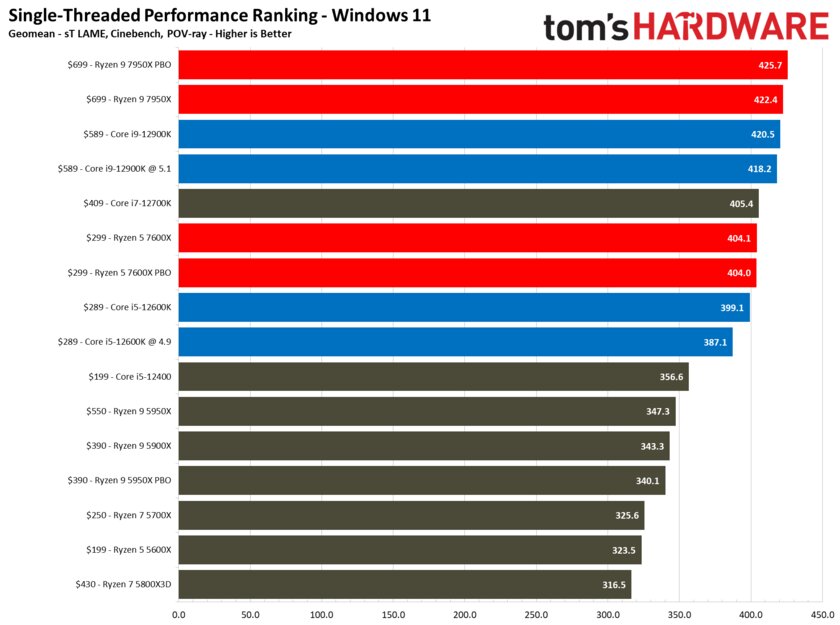
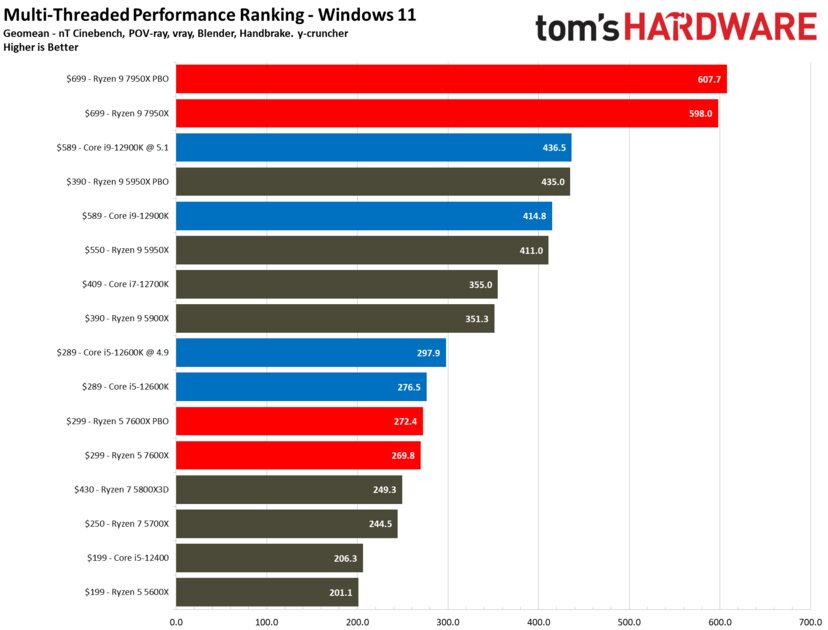
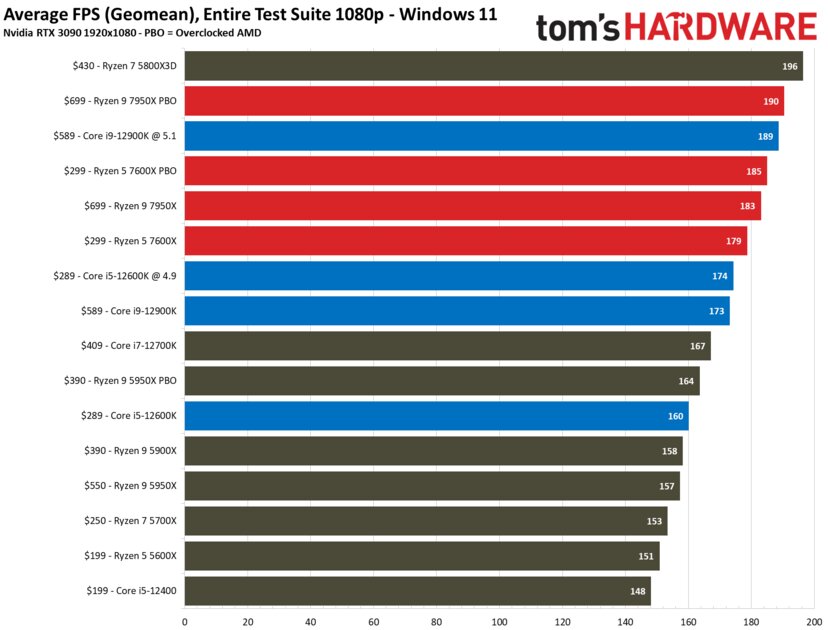
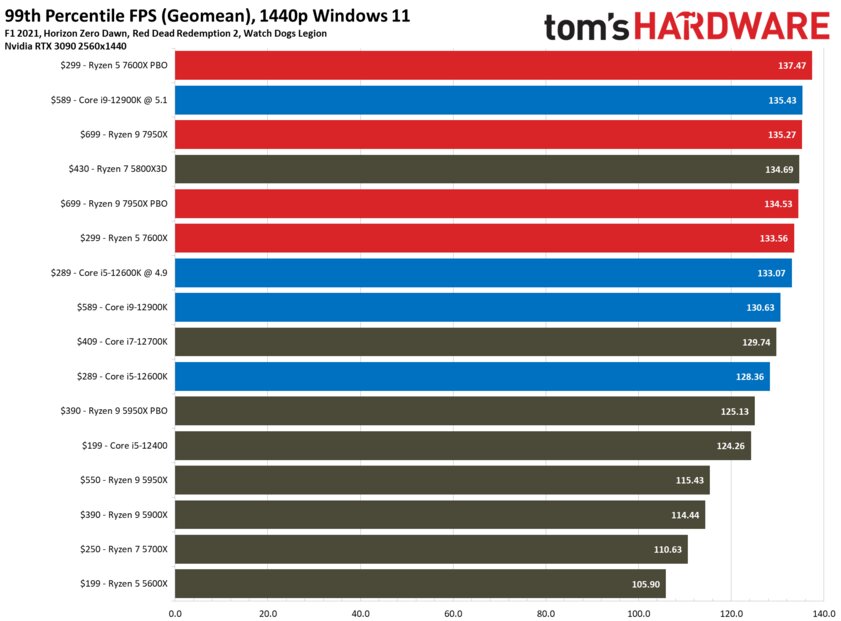
It should be noted right away that the situation in the benchmarks is more or less pleasant – absolutely all Western reviews note a performance increase compared to the Ryzen 5000 in both single-core and multi-core tests. Moreover, in some synthetic tests, the Ryzen 7 7700X processor, which is only a step above the base chip of the line, turned out to be more powerful than the flagship Intel Core i9-12900K. True, we are only talking about a couple of benchmarks, so this is more an exception to the rule. There is good news for fans of the base Ryzen 5 7600X – it was more powerful than the Intel Core i5-12600K in synthetics, which seems to be an important advantage.
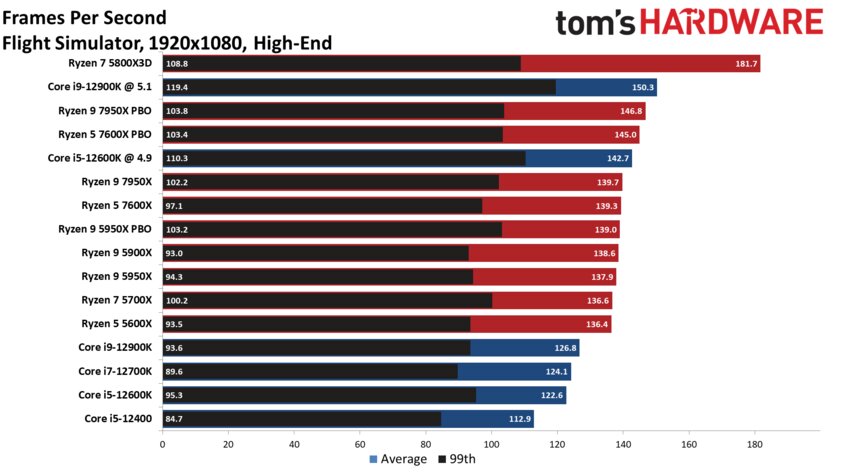
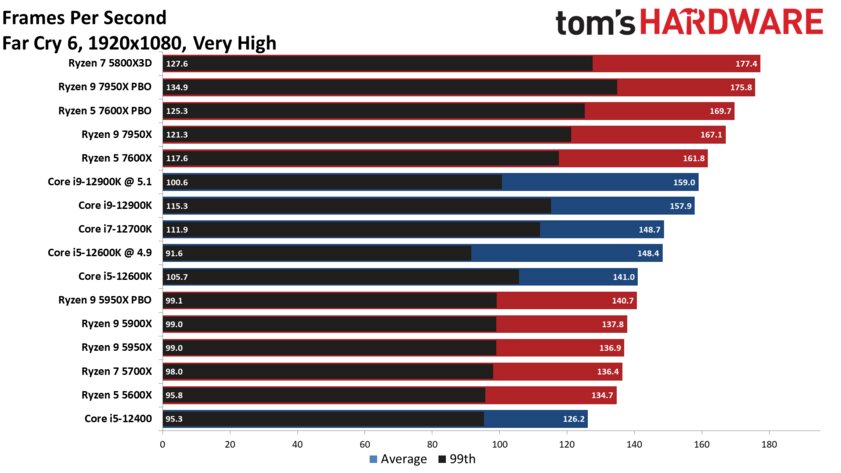
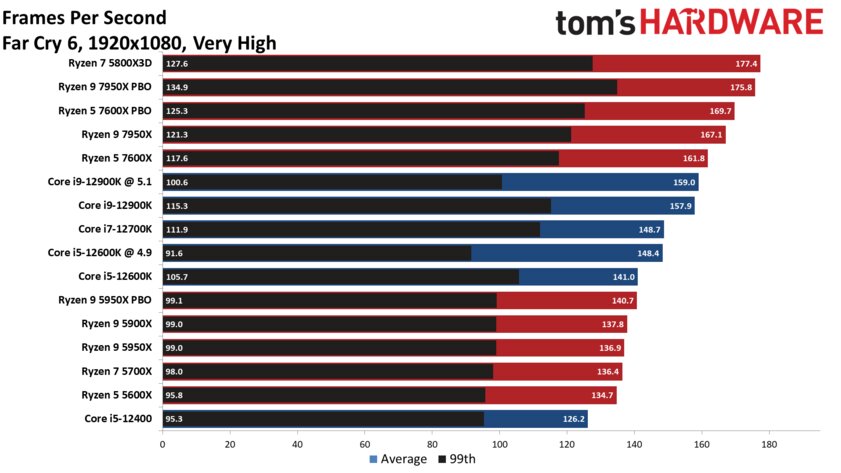
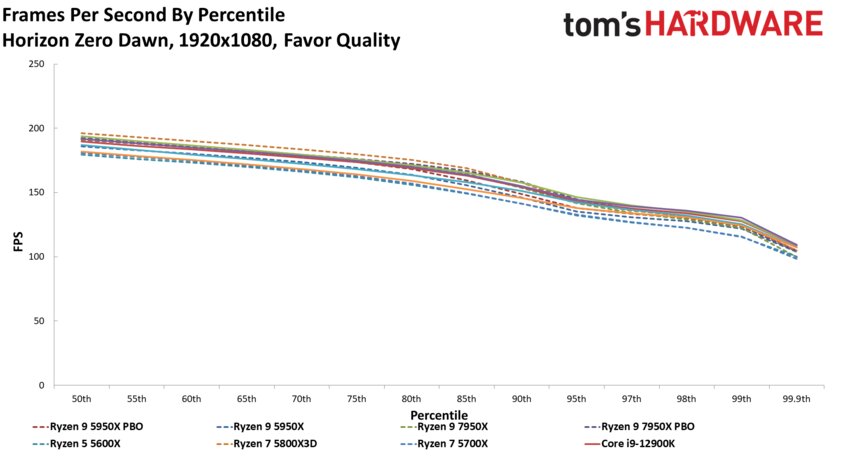
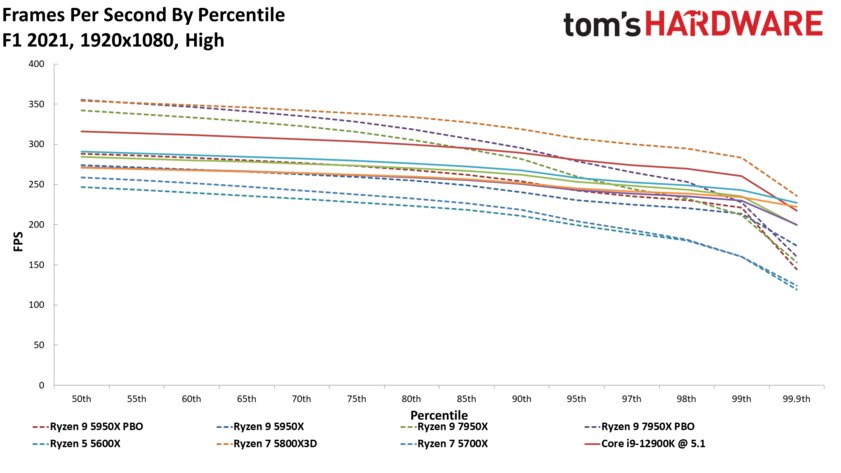
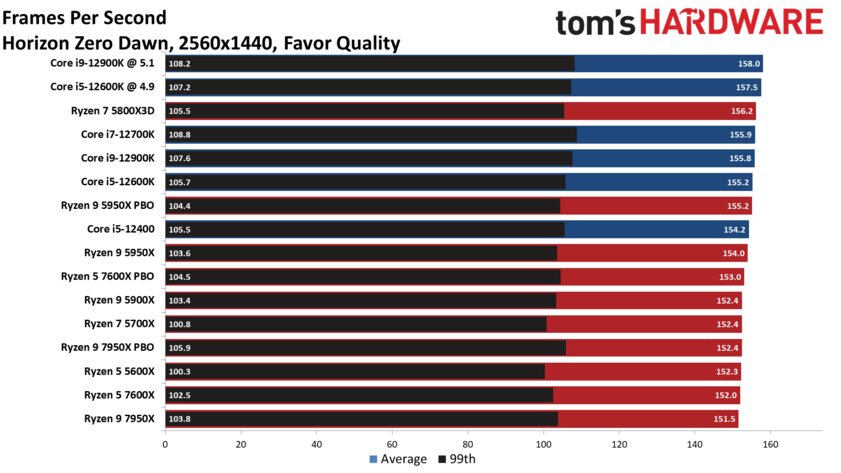
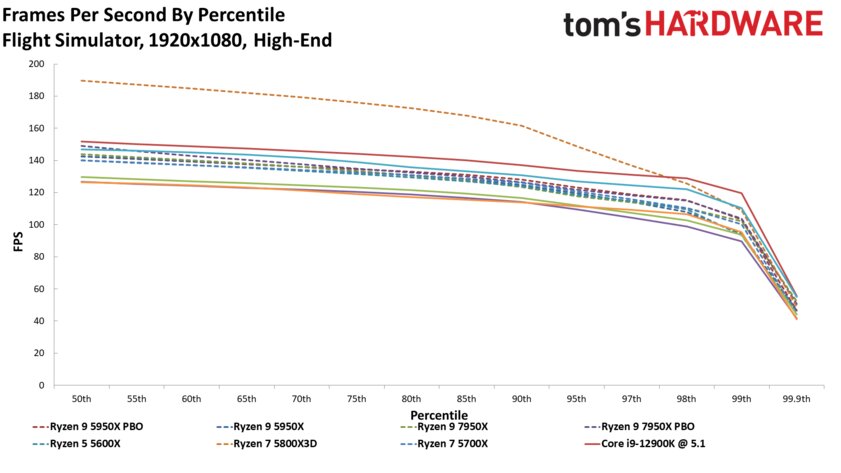
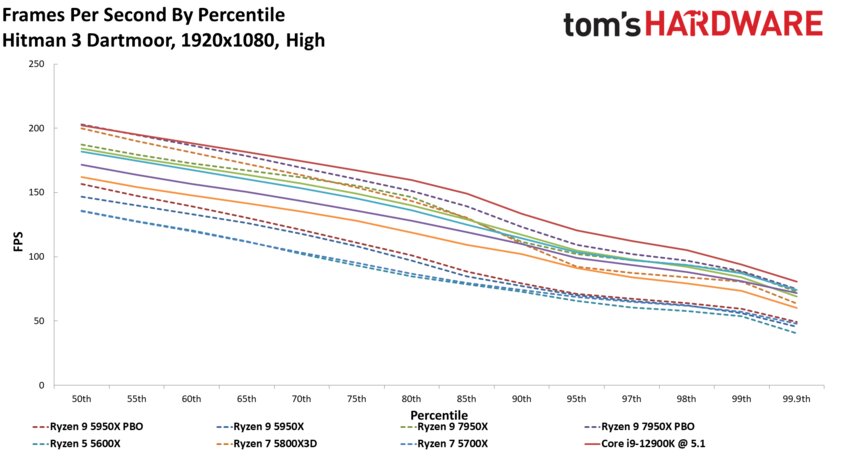
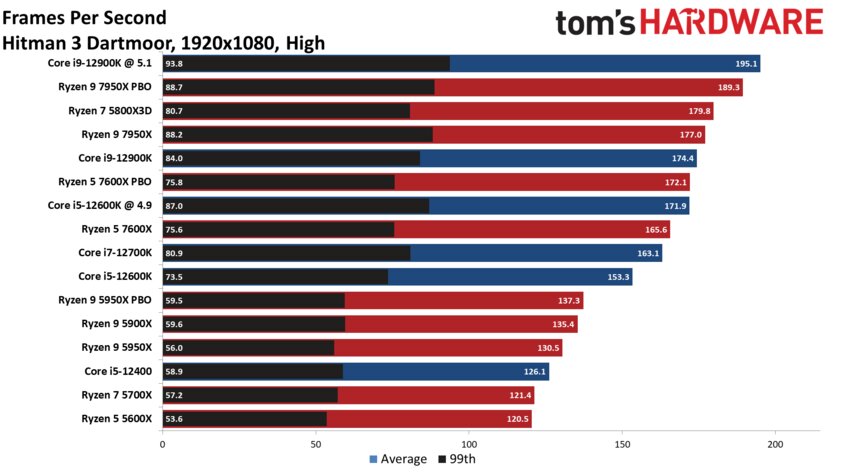
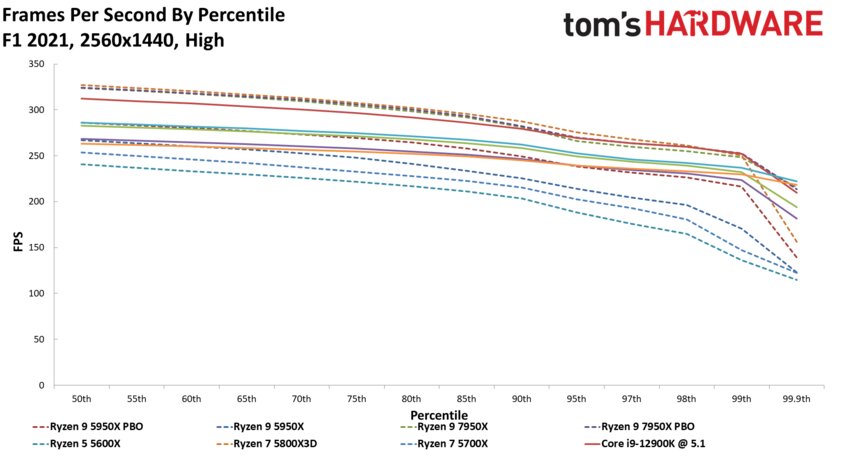
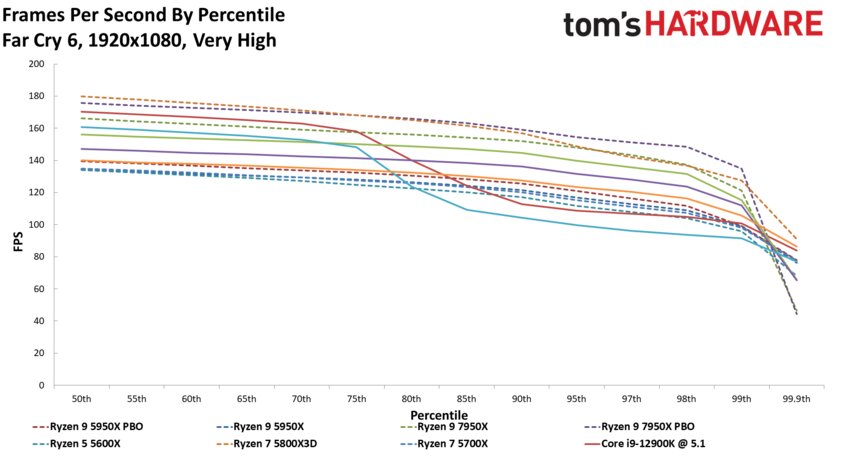
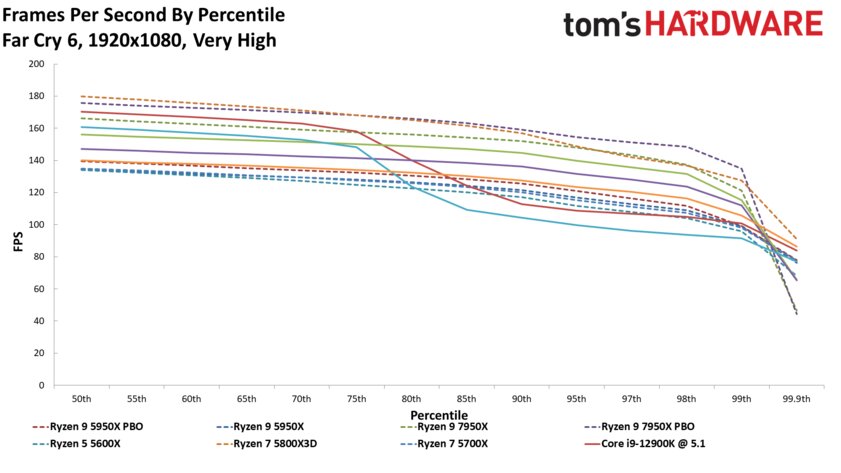
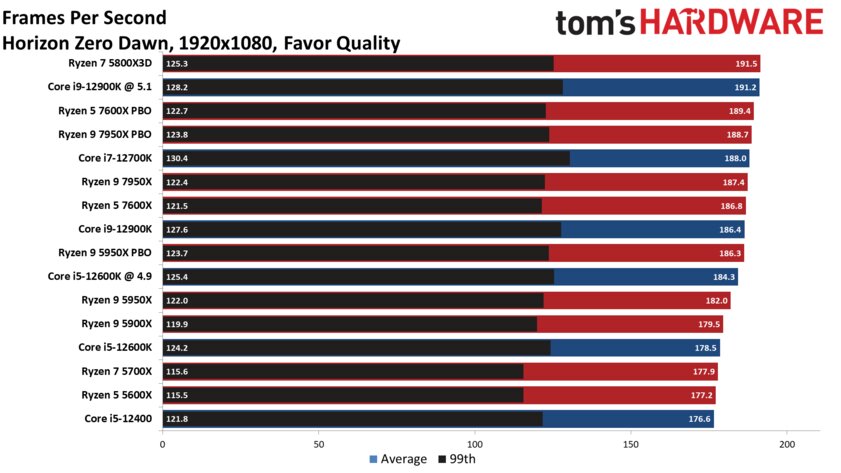
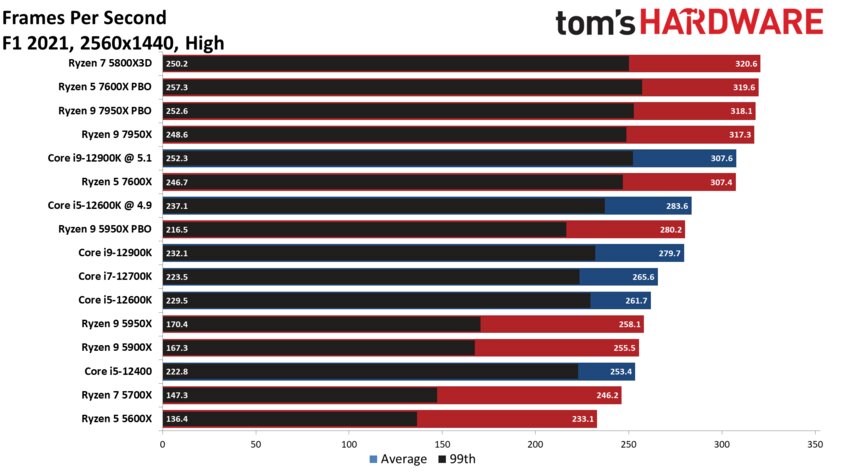
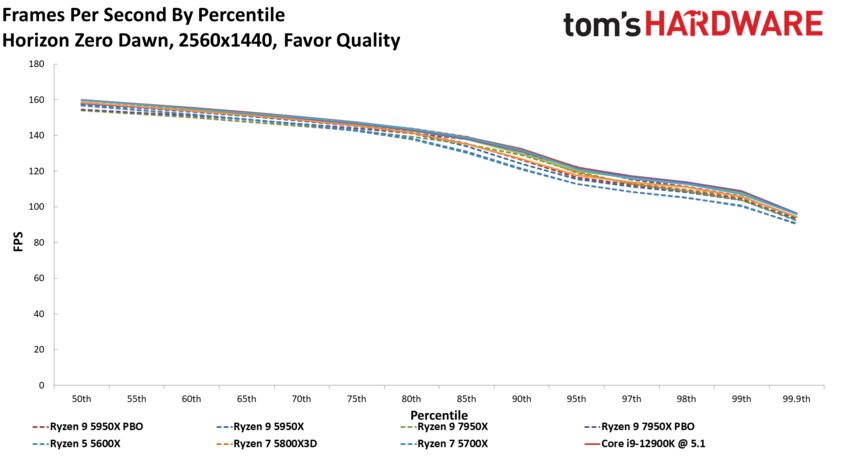
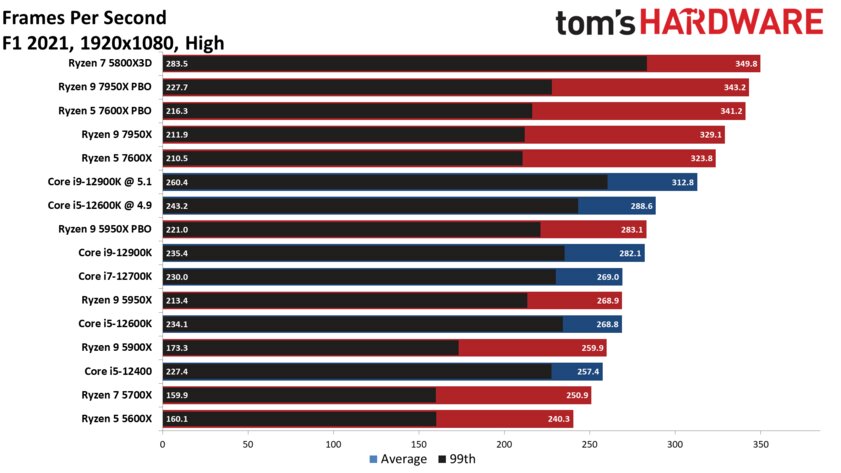
However, when it comes to real tests in video games, the situation changes dramatically. In gaming, the Ryzen 7000 line can only offer a marginal performance boost over the Ryzen 5000, while often losing out to Alder Lake processors. For example, the Intel Core i5-12600K often leaves behind even the flagship of the new generation, which will cost twice as much. Another interesting situation with the AMD Ryzen 9 7950X is that in some video games it performs worse than the Ryzen 7 7700X. Perhaps the games just haven’t had time to optimize, or the processor for enthusiasts and hard work is simply not ready for video games.
But the bad news does not end there – the fact is that the Ryzen 7000 has noticeably increased power consumption, especially in the flagship model. AMD said that Ryzen 9’s nominal TDP has been increased to 170W, while the previous generation had only 105W. This is exactly the power consumption received by the new Ryzen 7 and 5 – they have declared 105 watts of power consumption. The only problem is that these are nominal indicators – the real ones are completely different. Under load, the Ryzen 9 7950X consumes up to 250 watts of power, although in video games, of course, you won’t be able to “squeeze” that much out of the processor. The Ryzen 7 7600X has a much better situation – only 100 watts under load.
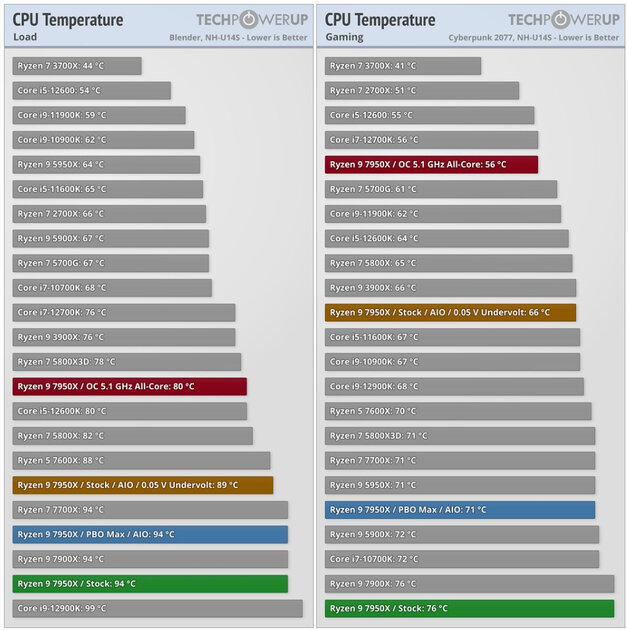
But most importantly, the Ryzen 7000 line turned out to be insanely hot – journalists reported that using high-quality air cooling on the Ryzen 5 7600X under load, temperatures reached 88 ° C. At the flagship Ryzen 9 7950X, the temperature reached 94 ° C at all – a little more, and water could be boiled on this chip. In games, of course, temperatures are 15-20% below degrees, but still it’s not very pleasant. Probably, with some flagship LSS with a three-section heatsink with good airflow inside the case, you can get adequate temperatures without too much noise, but so far, the new generation AMD chips do not look like such a breakthrough.
Source: Trash Box
With 6 years of experience, I bring to the table captivating and informative writing in the world news category. My expertise covers a range of industries, including tourism, technology, forex and stocks. From brief social media posts to in-depth articles, I am dedicated to creating compelling content for various platforms.





